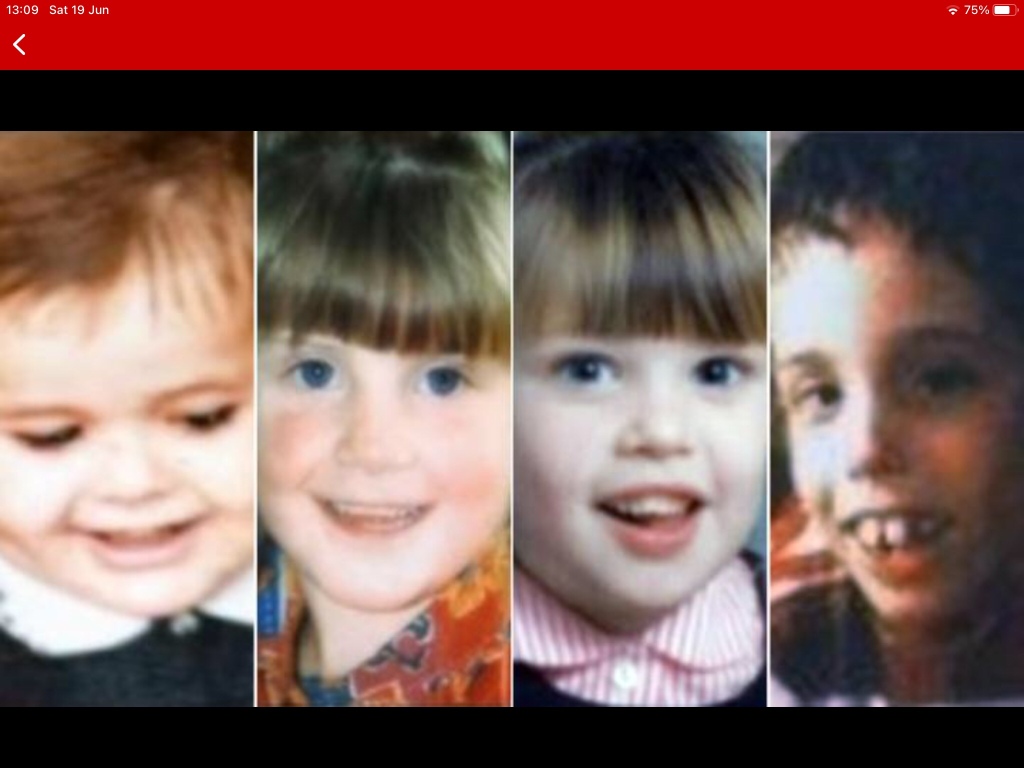Candour: open, honest, frank, the quality of being honest and telling the truth, especially about a difficult or embarrassing subject. All in all, a good thing.
Openness and honesty are some of the Nolan principles of public life, the ethical standards those working in the public sector are expected to adhere to. Openness and honesty are key values for health and social care in NI. Everyone agrees. No big deal. What are you on about, Speccy?
Imagine this. The worst thing. Your sick child is at the the regional children’s hospital. They may have been sent there from somewhere else, because that’s where the experts are. Something happens and your child dies. Imagine the horror, the grief, the loss.
What if information about your child’s treatment was deliberately withheld from you? What if there was a cover up? What, even, if you discovered that your child’s death was avoidable?
Imagine that your child’s death was avoidable and that the behaviour of individuals contributed to their death. What if the arrangements to ensure quality and the culture of the organisation contributed to the death?
Imagine that very experience happening to other families.
The loved ones of Adam Strain (4), Raychel Ferguson (9), Claire Roberts (9), Conor Mitchell (15), and Lucy Crawford (17 months) don’t have to imagine. Those children died. Their deaths were avoidable. Some of the people involved in their care lied. Rather than tell the families the truth, people acted to protect reputations and avoid blame.

People who choose to work in health and social care generally do so because they want to help, support and care for others. They don’t set out to be the bad guys, but shit happens. The organisation wins.
Clearly, it’s not just me saying this. Mr Justice O’Hara spent 14 years investigating what happened to the children. It took so long because the health organisations involved were reluctant to release any information. 14 years.
The O’Hara report is a gripping read. Gobsmacking. What happened was truly awful. O’Hara didn’t just tell the tale, he provided 96 recommendations to ensure it couldn’t happen again.
Key recommendations are for a legal Duty of Candour, for both organisations and individuals. O’Hara’s experience taught him that professional ethical guidelines/ standards aren’t always enough to protect patients. That’s why he recommended that it should be a criminal offence to breach that duty.
“All that is required is that people be told honestly what has happened, and a legally enforceable duty of candour for individuals will not threaten those whose conduct is appropriate.”
Do you want medical professionals & organisations to be able to continue to withhold or destroy information, mislead, or lie when something goes wrong. Or do you simply want to know the truth of the thing?







